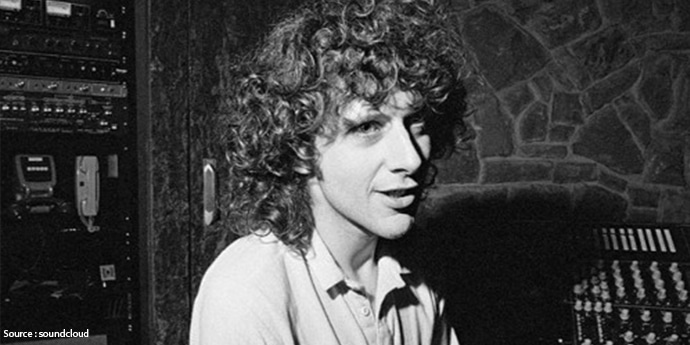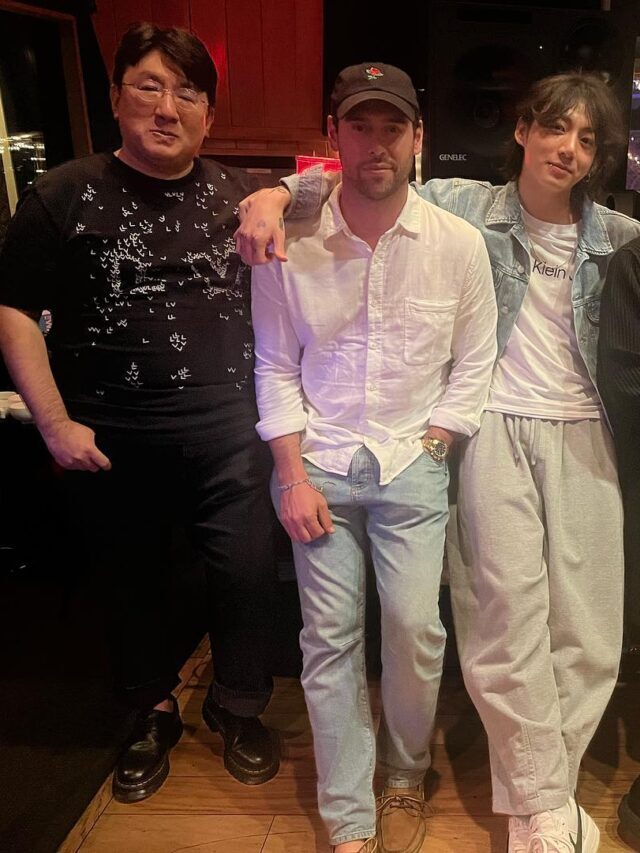About James Martin Hannett
James Martin Hannett , also known as Martin Zero, was an English record producer, musician, and one of Tony Wilson’s Factory Records’ first partners/directors. Joy Division, the Durutti Column, Magazine, John Cooper Clarke, New Order, Orchestral Maneuvers in the Dark, and Happy Mondays were among the acts Martin Hannett worked with. His particular production approach, which has been described as minimalist, spatial, and cavernous, made use of unconventional sound recording and technologies.

Early life
In June 1948, Martin ‘Zero’ Hannett was born into a Catholic household in north Manchester. He was born and raised in Miles Platting, and after graduating from Manchester Polytechnic (called UMIST) in 1970, he worked in a research lab. He watched the Beatles, the Stones, and a hundred other bands as an audience member, and as a member of the UMIST social committee, he would book musicians himself. Hannett, who was always into music (“he was always repairing his hi-fi”), found time to study bass guitar, mix live sound, and work as a roadie. He would eventually leave his day job to co-found Music Force with Tosh Ryan and others. Music Force was a musicians’ co-op that scheduled shows (favorite venues included the Band on the Wall and Rafters), coordinated PA hire, and conducted a profitable fly-posting business.
Career
In May 1980, Hannett produced U2’s debut worldwide hit, “11 O’Clock Tick Tock.” Martin Zero was responsible for the first independent punk Martins album, Buzzcocks’ Spiral Scratch EP, as well as Jilted John’s debut song. His production used looping technology to apply a variety of filters, filters, echoes, and delays to musical notes. Digital, Glass, Atmosphere, Dead Souls, and Ice Age were all recorded at Cargo Recording Studios in Rochdale. Factory and him had a falling out, and he sued them in 1982 over numerous financial issues, which was later settled out of court.
Personal life
From 1972 through 1984, Susanne O’Hara was Martin Hannett’s girlfriend. They lived together in Chorlton and Didsbury, Manchester, starting in 1975. O’Hara worked with Hannett at Music Force, a Manchester musicians’ cooperative, until it collapsed in 1979, when Hannett’s production career took off.
Hannett’s career fell apart after Factory owing to his extensive use of alcohol and drugs, particularly heroin, and he finally reached a weight of 26 stone. Hannett died of heart failure on April 18, 1991, at the age of 42, in Manchester. His wife Wendy, son James, and stepdaughter Tania survive him. His monument in Manchester’s Southern Cemetery honours him as “The Manchester Sound’s” inventor.
Legacy
On the 23rd anniversary of Martin Hannett’s death, on April 10, 2014, a video documentary about his life was published on DVD. Martin Hannett – Pleasures of the Unknown, by Chris Hewitt, was published the same day. Martin Hannett, His Equipment, and Strawberry Studios, another book by Martin , was released on January 26, 2016, to commemorate the 50th anniversary of Strawberry Recording Studios. Factory Records published “Martin: The Work of Martin Hannett” as a memorial a few weeks after his death.









